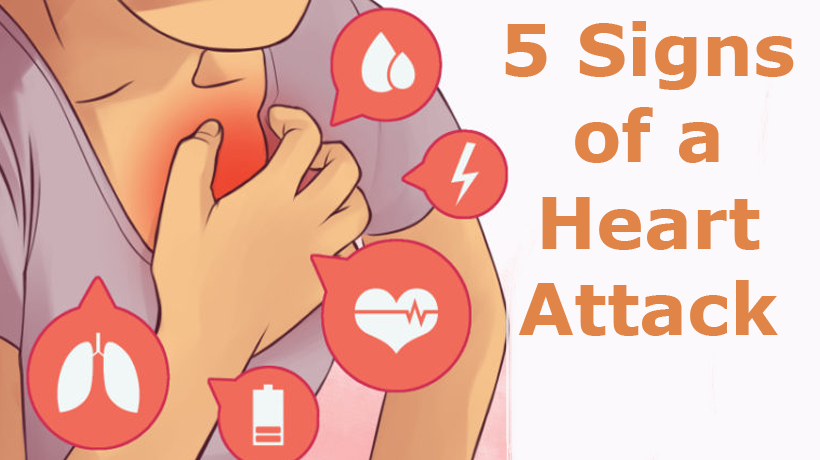There are many different symptoms and signs that can depict your heart being in danger. Learning these signs are important, especially since certain signs may not seem like something to worry about. What are the unusual ways in which the body tells you that your heart may be in danger?
Easily fatigued during physical activity
If you usually run a mile every day with ease but suddenly aren’t able to, and are experiencing a flu-like fatigue, that may be a sign your heart is not pumping enough blood throughout your body, according to the website Reader’s Digest. Activities that used to be easy and now are suddenly met with new difficulty, can be a red flag that something is wrong.
Chest pain or discomfort
One of the most common signs of heart danger is chest discomfort. If you have a blocked artery or are having a heart attack; you may feel pain, tightness, or pressure in your chest, according to the website WebMd. The feeling usually lasts longer than a few minutes. It may happen when you’re at rest or when you’re doing something physical.
Upper body discomfort
You may also feel pain or discomfort in your arms, jaw, neck, back, or upper part of your stomach, according to the website Everyday Health. Sometimes, pain begins in your chest and then spreads to these other areas of your upper body.
Snoring
Surprisingly, snoring may actually be a sign that your heart is in danger. Snoring isn’t an uncommon health condition. But,unusually loud snoring that sounds like gasping or choking, can be a sign of sleep apnea, according to WebMd. This is when you stop breathing for brief moments, several times at night, while you are still sleeping. This puts extra stress on your heart. Your doctor can check if you need a sleep study, to see if you have this condition.
Shortness of breath
You may experience trouble breathing or the sensation of being winded when you’re at rest, or light activity that wouldn’t normally cause breathlessness, according to Everyday Health. Shortness of breath is one of the most common warning signs of a heart attack. This may be the only symptom you experience, or it can happen before or along with chest or upper body pain.
Sources:
https://www.rd.com/health/wellness/signs-of-unhealthy-heart/
https://www.everydayhealth.com/heart-attack/guide/symptoms/
https://www.webmd.com/heart-disease/features/never-ignore-symptoms#1



